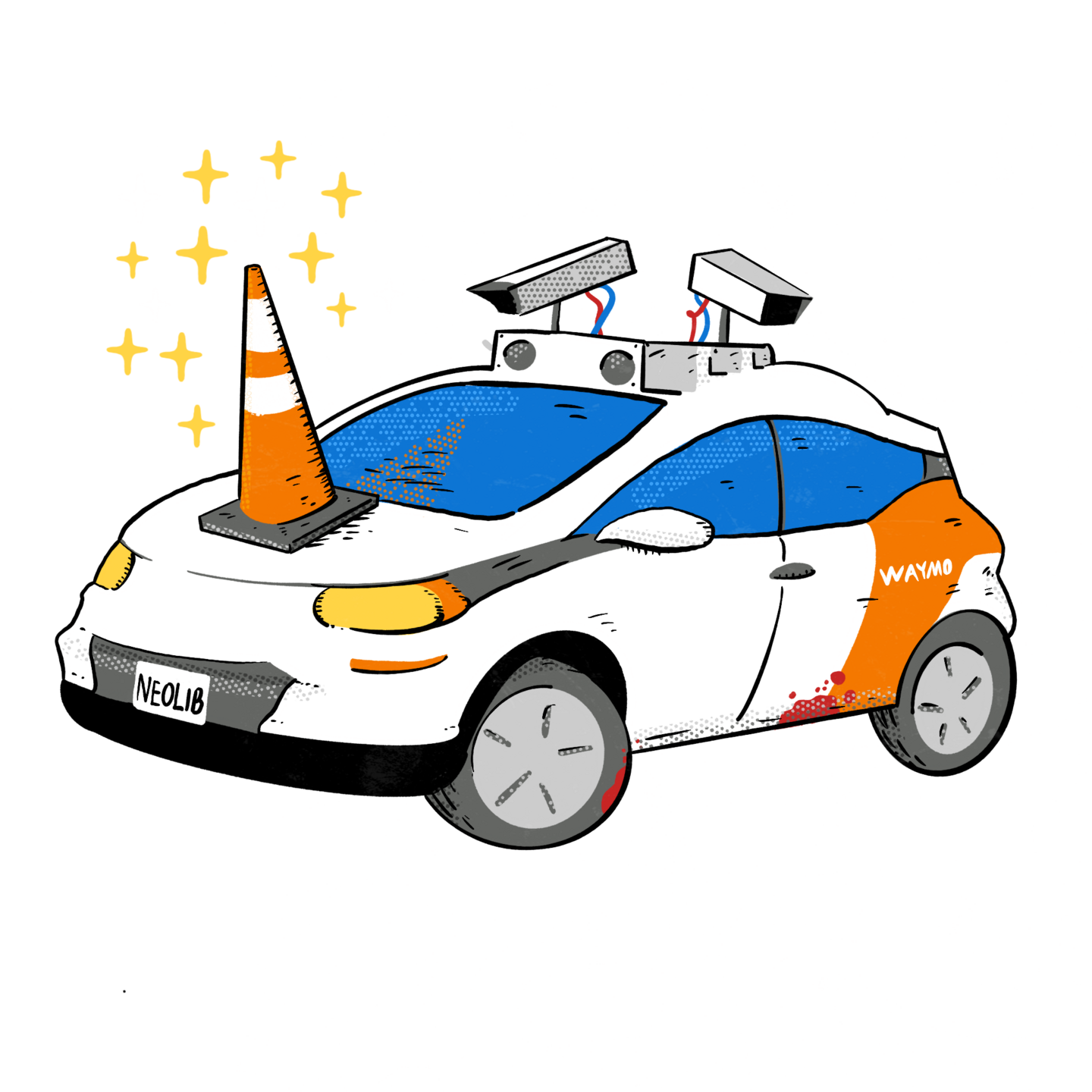
Bloomberg – Trump Team Is Seeking to Ease US Rules for Self-Driving Cars
Editors note: yes, it is true that Musk will try to modify federal rules for robotaxis in order to allow vehicles without controls for human drivers. But it should be very clear to everyone that Tesla does not have the necessary technology, nor is the robotaxi business a viable one, especially in the next four years. Therefore even if Musk is successful in changing the regulations it won’t actually make a difference.
See original article by David Welch and Allyson Versprille at Bloomberg
- Policy leaders are being pursued for key Musk priority
- Tesla CEO, named to efficiency role, plans push on robotaxis
Members of President-elect Donald Trump’s transition team have told advisers they plan to make a federal framework for fully self-driving vehicles one of the Transportation Department’s priorities, according to people familiar with the matter.
If new rules enable cars without human controls, that would directly benefit Elon Musk, the Tesla Inc. chief executive officer and Trump mega-donor who has become a powerful fixture in the president-elect’s inner circle. He has bet the future of the EV maker on self-driving technology and artificial intelligence.
Current federal rules pose significant roadblocks for companies looking to deploy vehicles without steering wheels or foot pedals in large quantities, which Tesla plans to do. The Trump team is looking for policy leaders for the department to develop a framework to regulate self-driving vehicles, according to people familiar with the matter, who asked not to be named because they weren’t authorized to speak publicly.
While the Transportation Department, through the National Highway Traffic Safety Administration, can issue rules that would make it easier to run autonomous vehicles, an act of Congress would clear the way for mass adoption of self-driving cars. A bipartisan legislative measure being discussed in early stages would create federal rules around AVs, two of the people said.
One candidate under consideration for Transportation secretary is Emil Michael, a former Uber Technologies Inc. executive who has spoken with Trump’s team and potential staffers, they said. The work is in its early stages and policy details have yet to be determined, they said.
Republican Representatives Sam Graves of Missouri and Garret Graves of Louisiana have also been considered to lead the department, the people said.
The transition team didn’t respond to requests for comment.
Musk in October announced plans to produce large numbers of driverless Tesla robotaxis that lack driver controls starting in 2026. Current US regulations pose significant hurdles to Musk’s plans for the so-called Cybercab, including a cap limiting their deployment.
He supported federal rules for autonomy on Tesla’s third-quarter earnings call, saying he’d use any role with the government to push for a process to allow autonomous vehicles to be used nationwide. The pronouncement prompted a selloff of shares of Uber and rival Lyft Inc.

Read More: Musk’s Vow to Make Lots of Robotaxis Conflicts With US Rules
Trump has since named Musk and entrepreneur Vivek Ramaswamy to lead a new Department of Government Efficiency initiative to “dismantle government bureaucracy” and slash spending and regulations deemed overly burdensome.
Past efforts to come up with federal legislation to regulate autonomous vehicles have stumbled.
NHTSA currently permits manufacturers to deploy 2,500 self-driving vehicles per year under a granted exemption, but legislative efforts to increase that number to as many as 100,000 have repeatedly failed.
A bill to do that sailed through the House several years ago during Trump’s first term, but the measure has been bogged down in the Senate. An attempt during the first year of the Biden administration to merge the bill with other legislation faltered when some manufacturers tried to include language that would prevent consumers from suing or forming class-action cases.
— With assistance from Keith Laing, Hadriana Lowenkron, Craig Trudell, and Emily Chang
See original article by David Welch and Allyson Versprille at Bloomberg
